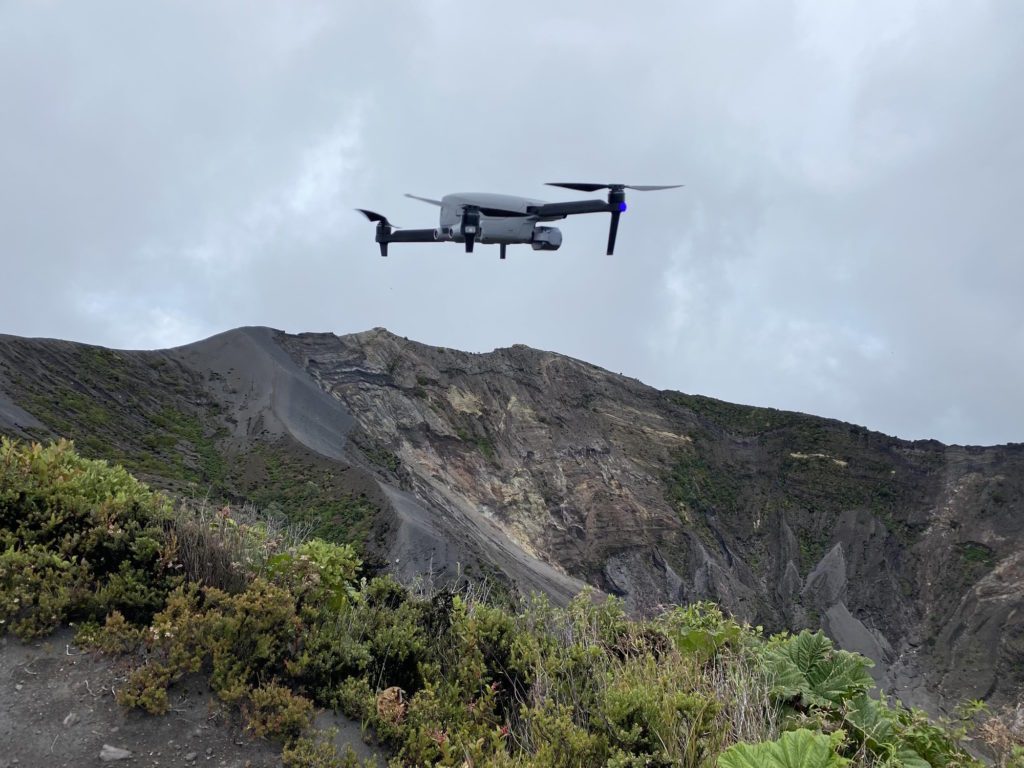Amendment would limit availability of Chinese manufactured drones
Senator Rick Scott (R-FL) has submitted an amendment to the Senate version of the National Defense Authorization Act (NDAA) for Fiscal Year 2025, aiming to incorporate the Countering CCP Drones Act. This act is currently part of the House version of the NDAA FY25. The House version of the NDAA already contains similar provisions.
The Countering CCP Drones Act was first introduced by Senators Rick Scott, Marco Rubio (R-FL), and Tom Cotton (R-AR) in February 2022. The current proposed amendment, SA 3098 seeks to address national security concerns related to the use of drones manufactured by companies with ties to the Chinese Communist Party (CCP).
Summary of Amendment SA 3098: Countering CCP Drones
The amendment includes several key provisions:
- Identifying Chinese Military Companies: The Secretary of Defense must determine if any unmanned aircraft system manufacturers are Chinese military companies operating in the U.S.
- Adding to Restricted List: DJI Technologies and Autel Robotics, along with their affiliates and partners, will be added to a list of restricted communications and video surveillance equipment and services. This is significant, as it could limit the import of future models of drones and restrict their use of FCC spectrum.
- First Responder Secure Drone Program: A program will be established to provide grants to U.S. public safety agencies for purchasing or leasing secure small drones that are not made by foreign entities of concern.
- Grant Conditions: Grants can be used for drones, related software, training, and disposal of old drones. The federal share of project costs is generally capped at 50%, but can be increased to 75% in certain circumstances. The program will end two years after enactment or when funds run out.
The amendment aims to reduce dependence on Chinese-made drones and enhance the security of U.S. unmanned aircraft systems.
What’s Next?
The proposed amendment will be discussed when the Senate considers its version of the NDAA FY25. If the amendment is not included in the Senate version, the House and Senate versions of the bill will be reconciled in committee. This reconciliation process provides another opportunity for the Countering CCP Drones Act to be included in the final bill.
Some drone advocacy groups and a coalition of first responder drone users oppose the provisions of the Countering CCP Drones Act, citing concerns over the impact on their operations and the availability of reliable and affordable equipment.
